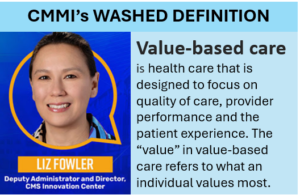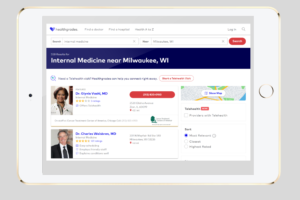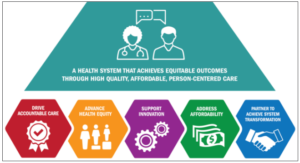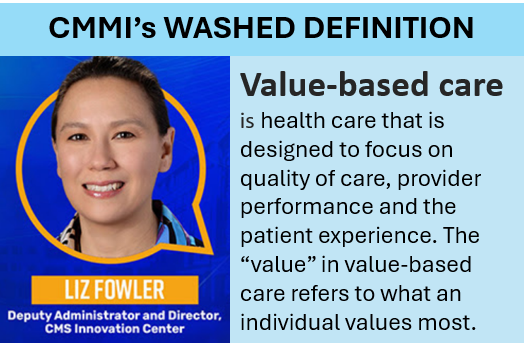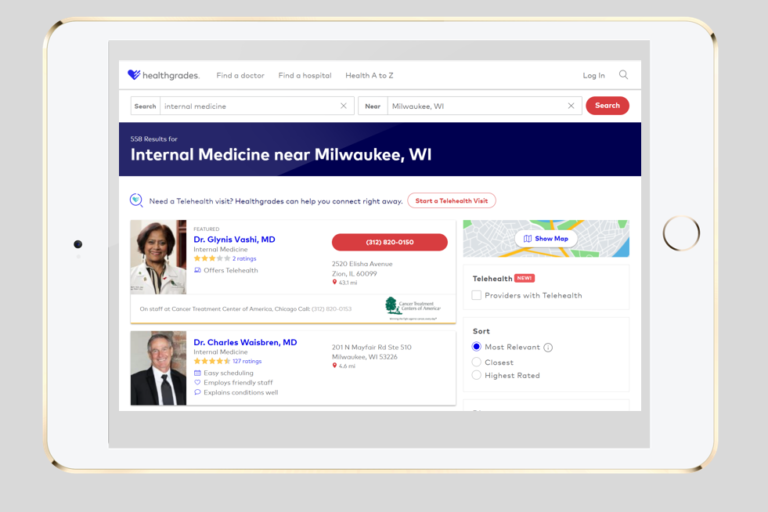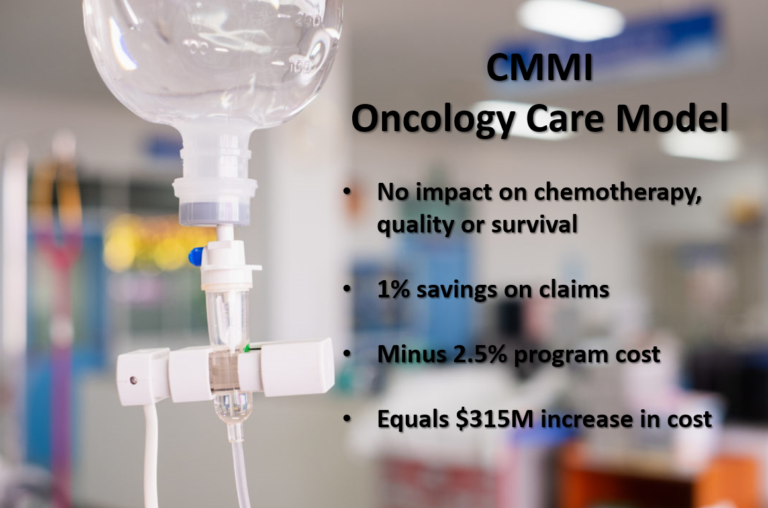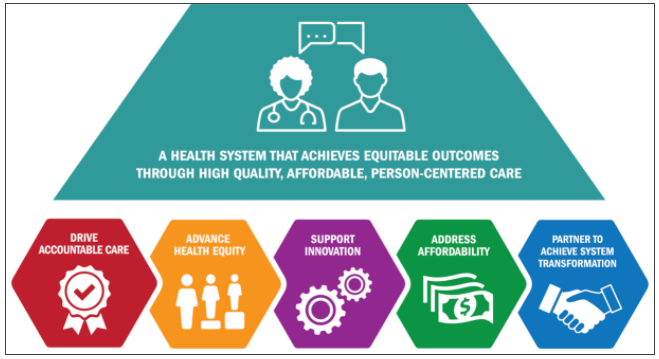
Ron Klar, MD, MPH is a health care consultant with a long history of involvement in federal health care policy and health plan innovation. He published a recent series of three posts regarding the draft rules for the Medicare Shared Savings Program (MSSP) in the Health Affairs Blog, an influential forum for debating health policy issues. This is my last in a series of 4 posts describing areas of agreement and disagreement with Dr. Klar. (The others are available at post 1, post 2 and post 3)
In his third post to the Health Affairs Blog, Dr. Klar proposed to eliminate CMS sharing of claims data with providers. He argued that it is too delayed to serve any useful purpose to the ACO, either for clinical operations or analysis. He also argued that supplying ACOs with claims data would be expensive for both CMS and the ACOs that would need to create interfaces, databases and applications to receive and use the data. He argued that it would distract providers from investment in electronic health records (EHR) and health information exchange (HIE). Finally, he argued that it would violate the confidentiality of non-ACO providers who would be identified in the data. Klar implies that all of the data needs of the ACO can be met with EHR data, augmented with HIE data.
![]() I strongly disagree with this thinking. The success of ACOs will require a transformation of the health care organization from one that reactively cares for individual patients to one that also proactively takes responsibility for a population of patients. The analytics to support that transformation requires a comprehensive view of all the health care services received by the population. Since patients are free to seek care from any provider participating in Medicare, only CMS can provide this comprehensive view of the data. An EHR may be richer and more up-to-date, but it lacks this comprehensive view. An HIE might increase the completeness somewhat, but without data from the payer, it is not possible to know how much missing data might be beyond the reach on any particular HIE at any point in its development. For the foreseeable future, EHR and HIE data are too inconsistently structured and too incomplete to give a true population-oriented measure of utilization.
I strongly disagree with this thinking. The success of ACOs will require a transformation of the health care organization from one that reactively cares for individual patients to one that also proactively takes responsibility for a population of patients. The analytics to support that transformation requires a comprehensive view of all the health care services received by the population. Since patients are free to seek care from any provider participating in Medicare, only CMS can provide this comprehensive view of the data. An EHR may be richer and more up-to-date, but it lacks this comprehensive view. An HIE might increase the completeness somewhat, but without data from the payer, it is not possible to know how much missing data might be beyond the reach on any particular HIE at any point in its development. For the foreseeable future, EHR and HIE data are too inconsistently structured and too incomplete to give a true population-oriented measure of utilization.
In earlier demonstration projects of accountable care and care management, the participants complained that the data shared by CMS was not delivered in a useful and timely way. So, not only must we keep the CMS claims data sharing in the ACO rules, we must also make sure that CMS does a better job of delivering it this time around.

